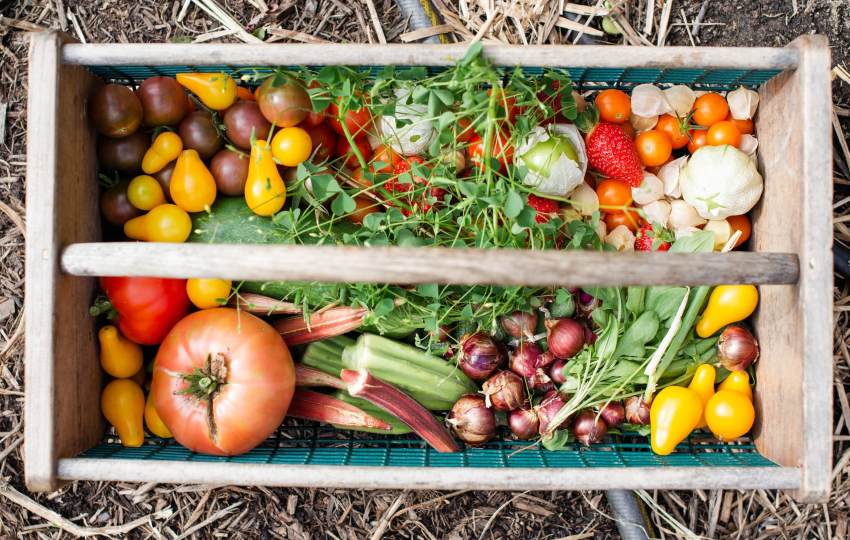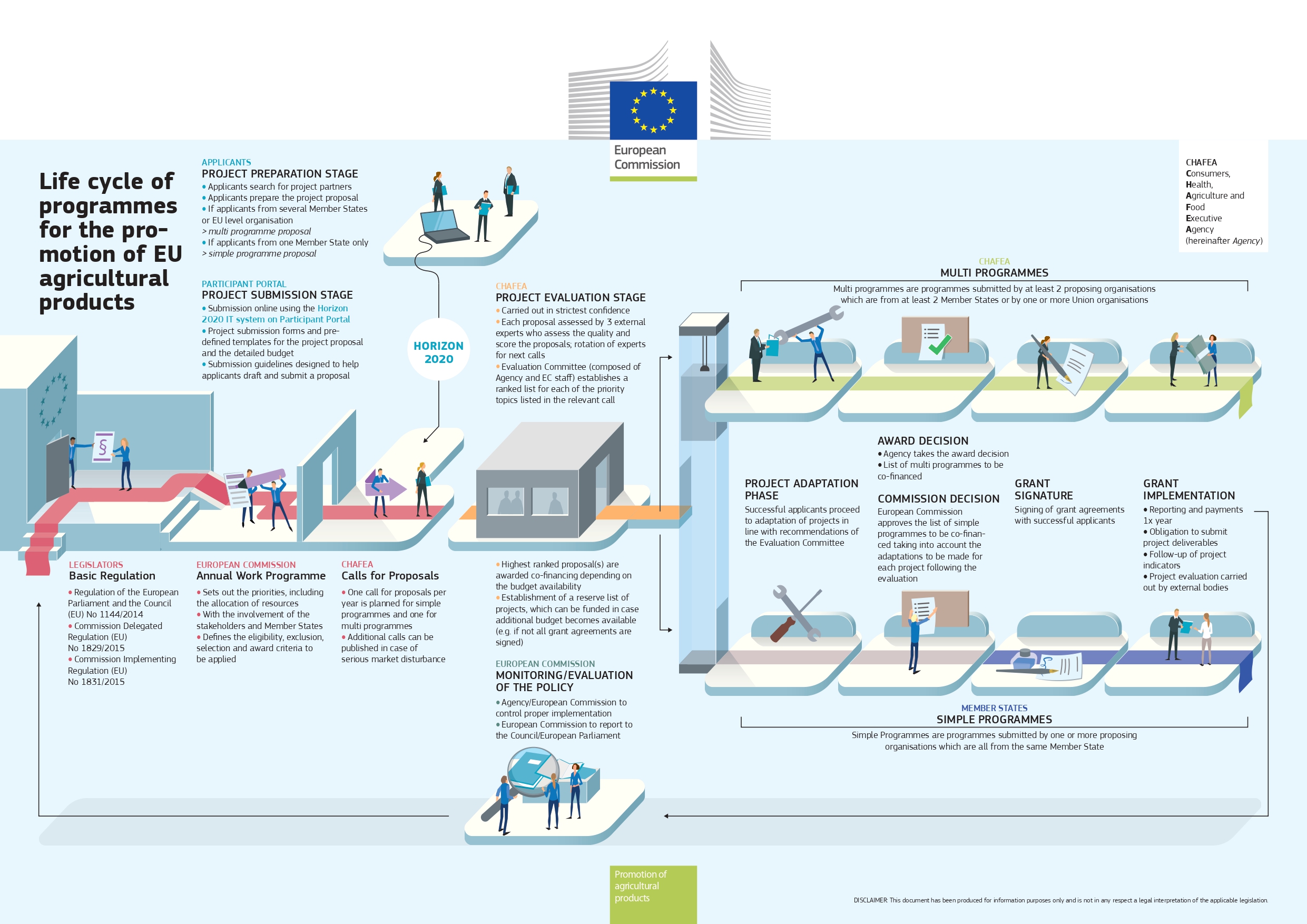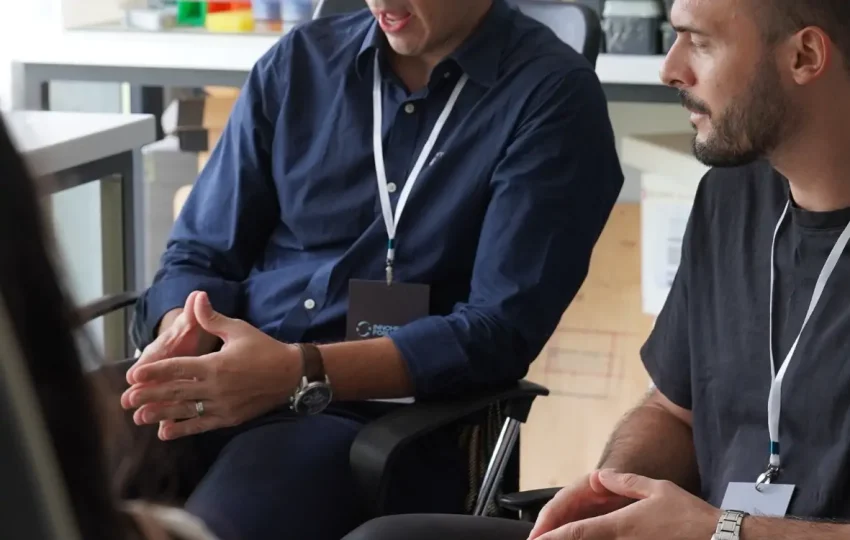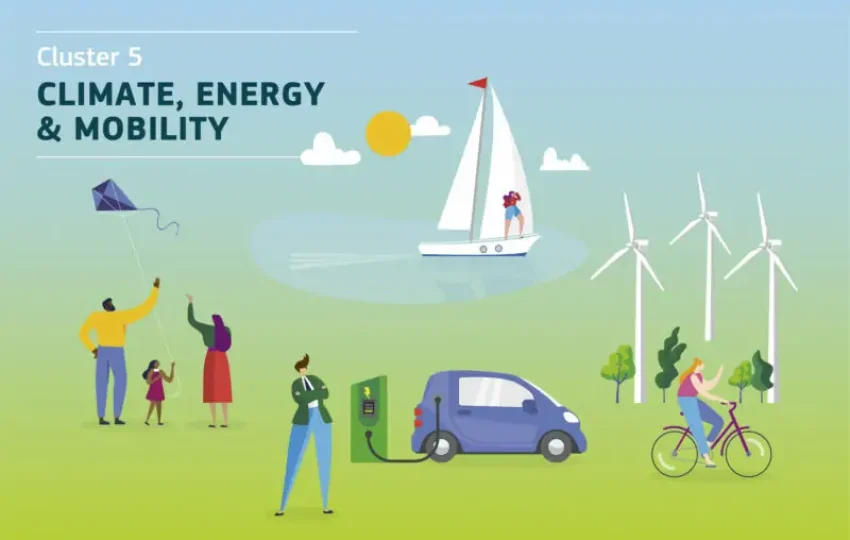The European Commission co-funds campaigns to successfully promote European agricultural products worldwide and raise awareness of EU farm products in new markets.
Agri-food international promotion programmes
The EU helps the agricultural products sector to finance information and promotion campaigns. The initiatives for the promotion of EU agri-food products include different campaigns especially focused on the promotion of:
- Organic products
- EU sustainable agriculture
- The role of the agri-food sector regarding the environment and climate action
- The high safety standards
- The agricultural production methods in the European Union
- The diverse range of products supported by EU quality schemes
- The authenticity of EU agri-food products is protected by origin, geographical area and traditional specialities
Numerous activities can be included in these campaigns, always with the aim of promoting the European origin of EU agri-food products.
- Advertising campaigns in the press, on television, on radio or on the internet
- Point of sale promotion
- Public relation campaigns
- Events, such as fairs or exhibitions
Different stages when submitting a REA programme
In developing and implementing a REA promotion programme a life cycle or implementation cycle begins, involving a range of stakeholders, each with their own responsibilities.
This is how the REA promotion programmes process is born, developed and implemented.
1. Annual Work Programme
In this phase, the European Commission establishes an Annual Work Programme setting the action plan for the next 12 months describing the policy priorities, which should be translated into concrete and measurable actions.
Under the regulations contained in this document, the eligibility, selection, exclusion and award criteria to be applied for the development of the promotion programmes are defined.
This document is published between November and December each year, so by the end of 2022, the action plan for the REA programmes for the year 2023 will be established.
In 2022, the European Commission has allocated €185.9 million to fund promotion activities for EU agri-food products in other EU Member States and in third countries.
For example, in the 2022 Work Programme, the following were defined as priority lines of action:
- The European Green Deal, supporting objectives from the Farm to Fork strategy
- Europe’s beating cancer plan
- The EU organic action plan
- The Communication on the European citizens’ initiative ‘End the cage age’
Campaigns aimed at non-EU countries were set in markets such as Japan, South Korea, Canada and Mexico.
2. Call for proposals
Once the annual Work Programme is established, the Call for proposals period is opened by REA, the European Commission’s Research Executive Agency. Each year a call for proposals is launched, both for single and multi programmes in January.
At this stage, the preparation of the proposal begins, which consists of applicants looking for partners to form a consortium and then to start drafting the proposal.
Depending on whether the applicants are from the same Member State, they will develop a simple programme proposal. If they are from several EU countries, it will be a multi-programme.
In this respect, it will be helpful to have the assistance of specialized matchmaking organizations.
3. EU Info Day
In relation to the publication of the Calls for proposals for grants for information provision and promotion measures concerning agricultural products, DG Agriculture and Rural Development (DG AGRI) and the European Research Executive Agency (REA) organize an annual Info Day online.
The 2022 Info Day recording is available at this link.
This event, which has been online in recent years, is organized to solve doubts on the call for proposals for the beneficiaries. It also serves as a meeting point for those looking for partners for multi programmes.
4. Proposal submission phase
Once the proposal has been developed together with the other applicants, the proposal submission phase starts. Projects must be submitted through telematic means by the established deadline usually between March and May.
To align the process, there are a set of guidelines to assist applicants in writing and submitting the proposal as well as submission forms and templates for the proposal and detailed budget.
5. Proposal evaluation phase
At the end of the submission period, REA starts the Evaluation Phase of the submitted proposals. It is carried by three external experts to score the projects based on the quality, impact and relevance. They are rotated every call for proposal.
Then, REA and the European Commission rank the different proposals according to the priority topics. Those with the highest scores are the ones who get access to funds.
6. Grant Agreement signature
On the Funding and Tenders portal model grant agreements can be consulted. In this step, the participants and the European Commission sign the Grant Agreement.
The programme implementation can start once the grant agreement is signed. It is noteworthy that beneficiaries must comply with a number of obligations, such as reporting.
Source: European Research Executive Agency – European Union



